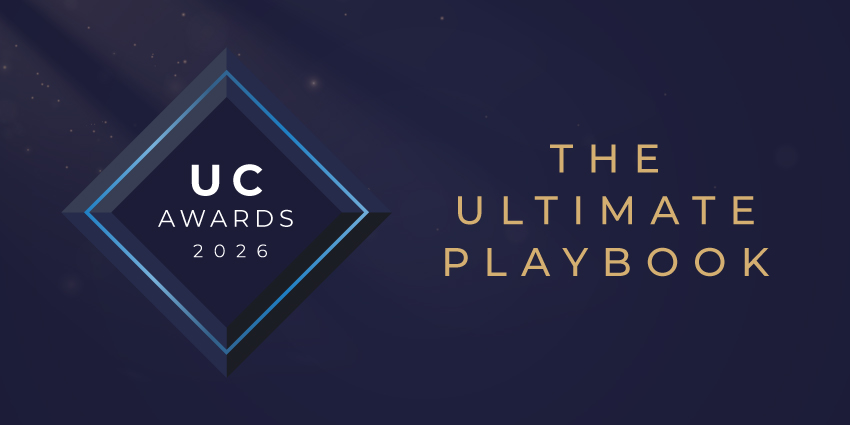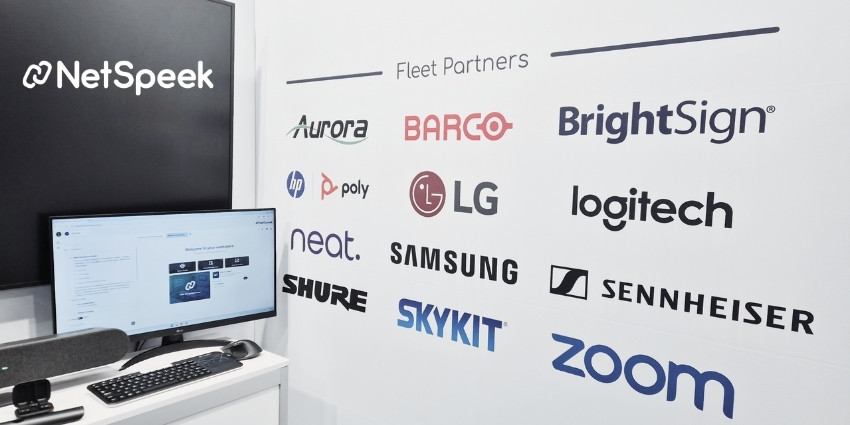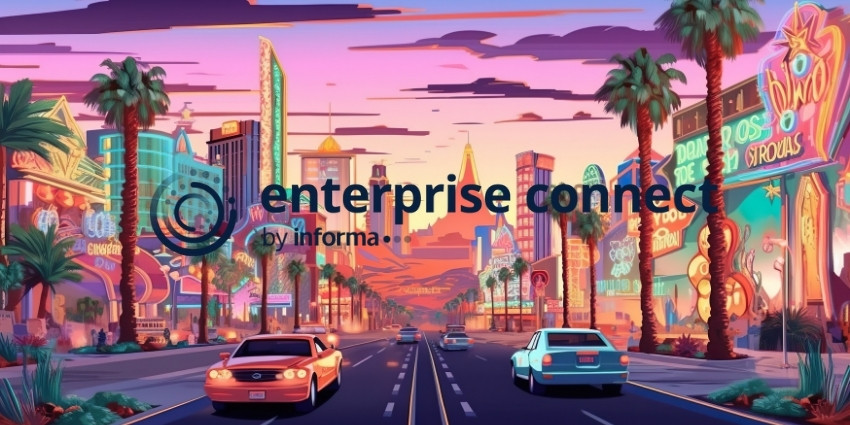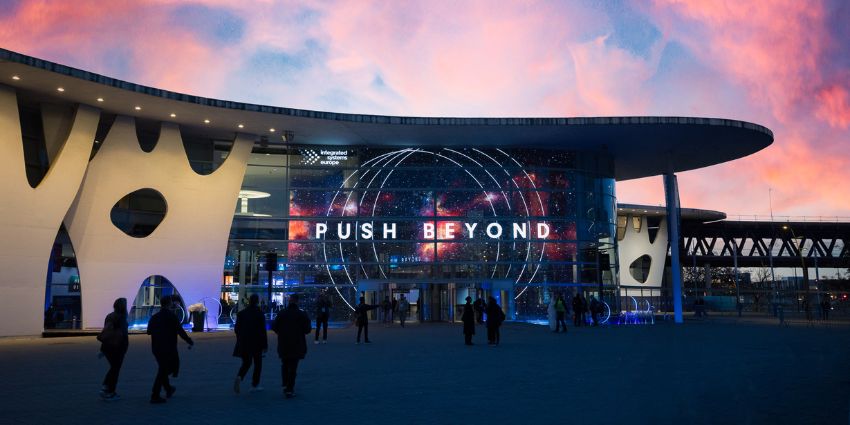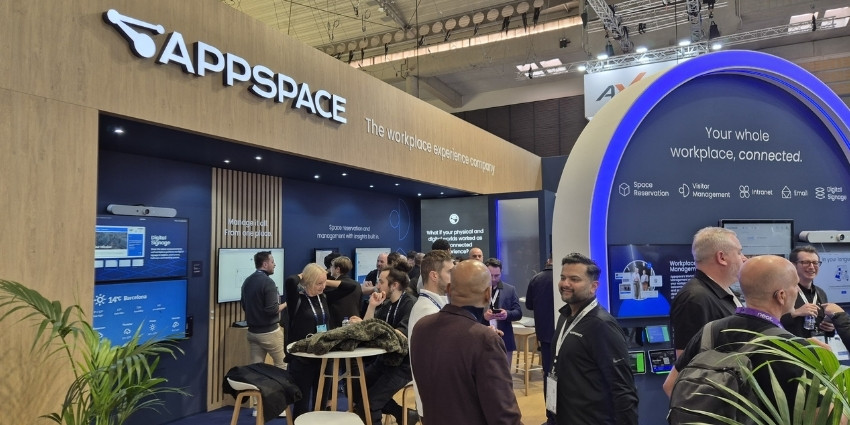Why UC Awards Recognition Matters More Than Ever
The numbers don’t lie. In a market projected to reach $468 billion by 2032, standing out requires more than just solid technology. Award recognition serves as third-party validation that cuts through marketing noise and provides the credibility that enterprise buyers demand when evaluating mission-critical communication platforms.
Consider the recent UC Awards 2025 results: winners like Zoom, RingCentral, and Cisco didn’t just receive trophies—they earned powerful market positioning tools that influence customer perception, partner relationships, and competitive differentiation. For these organizations, awards recognition translates directly into enhanced credibility, increased media coverage, and accelerated sales cycles.
But here’s what most vendors miss: the real value isn’t the award itself—it’s the strategic process of preparing for awards that forces organizations to crystallize their value propositions, document customer success stories, and articulate their competitive advantages in ways that resonate with both judges and prospects.
The Hidden Framework Behind Winning Submissions
Through my analysis of successful UC Awards entries, I’ve discovered that winners share three critical characteristics that unsuccessful submissions lack:
Strategic Storytelling: They don’t just describe features—they craft compelling narratives that connect technological innovation to measurable business outcomes. When LeapXpert won multiple categories, their submissions didn’t focus on technical specifications. Instead, they demonstrated how their solutions transformed customer workflows and delivered quantifiable ROI.
Evidence-Based Claims: Every assertion is supported by concrete data, customer testimonials, and third-party validation. Winners understand that judges evaluate credibility as much as innovation, which means unsupported claims immediately disqualify otherwise strong submissions.
Market Context Awareness: Successful entries demonstrate deep understanding of industry trends, customer challenges, and competitive landscapes. They position their solutions not in isolation, but as responses to specific market needs that judges recognize as critical priorities.
Beyond Winning: Leveraging Awards for Competitive Advantage
The most sophisticated vendors treat awards as components of broader market positioning strategies. They recognize that winning isn’t the end goal—it’s the beginning of a systematic approach to building market authority and customer confidence.
“Smart vendors use awards recognition as fuel for comprehensive marketing campaigns that extend their competitive advantages long after the ceremony ends.”
This playbook will show you how to transform your approach from hoping for recognition to systematically building award-worthy market positions. You’ll learn the specific frameworks that judges use to evaluate submissions, the storytelling techniques that make technical excellence compelling, and the strategic processes that turn awards into sustainable competitive advantages.
Top Tips to Help You Create the Winning Application!
The difference between winning and being forgotten isn’t about flashy features—it’s about proving your solution genuinely transforms how people work.
1. Lead with Business Impact, Not Features
Judges don’t care about your 47 integrations. They care about results: “Our solution reduced meeting prep time by 73%, saving clients 4.2 hours per employee weekly.”
Your action: List three specific business outcomes with metrics, timelines, and customer validation.
2. Tell Transformation Stories
Show the journey from problem to solution. Paint a vivid before-and-after picture that makes judges think: “I recognize that problem, and this genuinely changes the game.”
Example: Project teams spent 23% of time hunting documents across seven platforms. Our intelligent workspace anticipated user needs, reducing document management time by 67% while boosting project completion rates.
3. Showcase Real Innovation
Innovation solves problems in ways that make users think, “Why didn’t anyone think of this before?” Your AI shouldn’t just transcribe meetings—it should identify action items, assign tasks, and follow up automatically.
Get to know our judging panel—industry veterans who spot genuine innovation instantly.
4. Enhance Human Experience Across All Personas
Address everyone your solution impacts:
- Buying committees: Show how you simplified vendor evaluation and delivered guaranteed ROI
- Contact center agents: Prove 30% efficiency gains while improving satisfaction scores
- IT professionals: Demonstrate zero-downtime migrations and proactive issue resolution
- Frontline workers: Mobile solutions reducing customer wait times by 40%
- Developers: APIs enabling integrations in weeks, not months
5. Prove Sustained ROI
Show value that grows over time. Initial 15% productivity gains becoming 35% after six months. AI systems learning and improving continuously. Management tools evolving from monitoring to predictive intelligence.
In today’s economy, also address:
- Trust: 99.99% uptime, scalable growth, security certifications
- Sustainability: Reduced office space by 35%, cut energy consumption by 28%
- R&D commitment: Quarterly releases, continuous innovation
Beyond Awards: Building the Future Together
As we navigate an era where workplace efficiency, team collaboration, and employee experience are paramount, the UC Awards spotlight the innovators who are making it all possible. Your breakthrough solution could be the one that inspires the next wave of workplace transformation.
Ready to join the revolution? Visit the UC Awards 2025 microsite today, explore the categories, and let’s work together to celebrate the innovations that are truly powering modern workplace excellence.
Because the future of work isn’t coming—it’s already here, and it needs to be celebrated.
